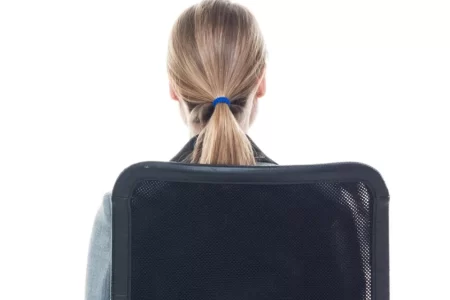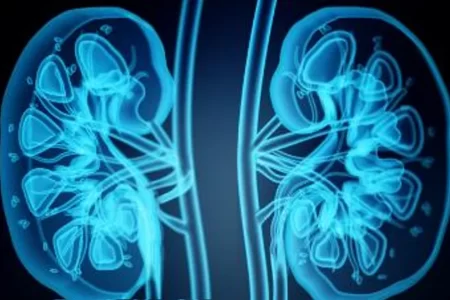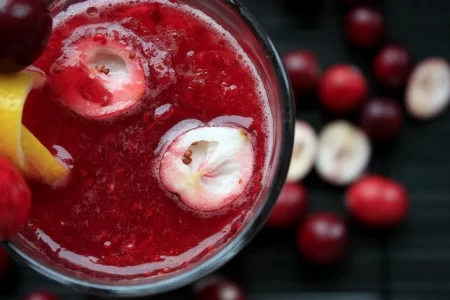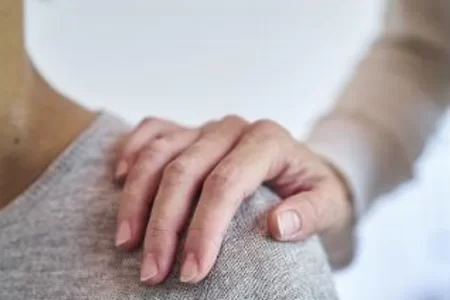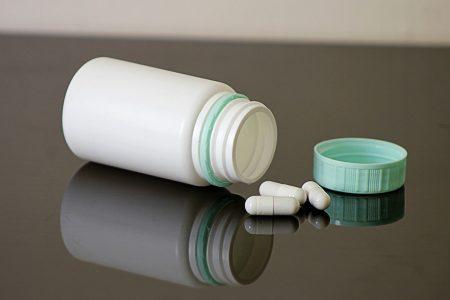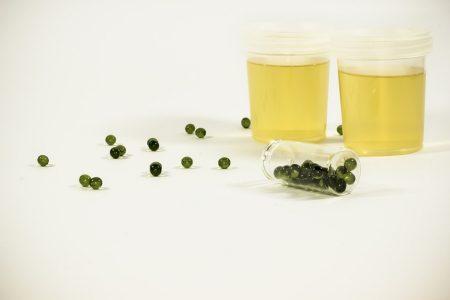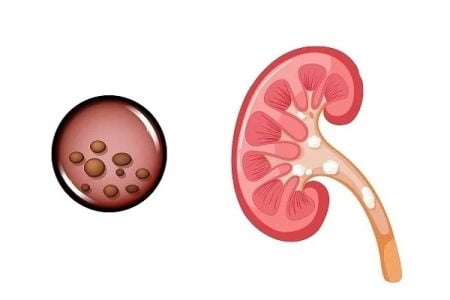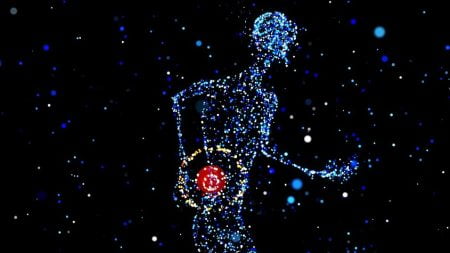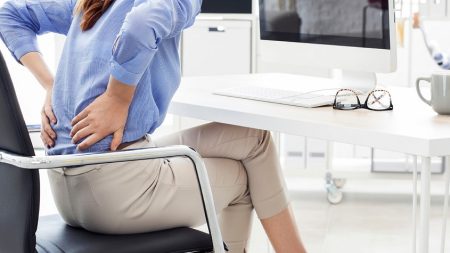Browsing: Kidney Stones
Comprehensive Information, Resources, and Support on Kidney Stones
Sitting For Hours? You Might Be Increasing Your Risk of Kidney Stones
A recent study published in the International Journal of Surgery has revealed a connection between sitting for extended periods and…
UTI or Kidney Stone: 7 Factors in Identifying Your Condition
Dealing with abdominal pain and discomfort can be a distressing experience, and two common culprits are urinary tract infections (UTIs)…
Kidney stones, small, hard deposits that form in the kidneys, can be an extremely painful and bothersome condition. The discomfort…
What is Post-Kidney Stone Surgery Pain? Kidney stone surgery, known medically as lithotripsy or ureteroscopy, is a procedure to remove…
Understanding Robotic Laparoscopic Ureter Re-implant Surgery: A Patient’s Guide
Robotic laparoscopic ureter re-implant surgery is a modern medical procedure designed to address issues related to the ureters, the tubes…
How Flomax Works for Kidney Stone Treatment: A Patient’s Guide
Learn about the effectiveness of Flomax in treating kidney stones, potential side effects, and precautions to take. Stay informed about Flomax for kidney stones to make informed decisions about treatment options.
Identifying Kidney Stones in Your Urine: What to Look For?
Identify kidney stones in your urine by looking out for symptoms such as pain during urination, blood in urine, and frequent urge to urinate. Also, know what it means to find kidney stones, potential causes, and treatment options.
Understanding the Process of Passing a Kidney Stone: A Guide
This comprehensive guide provides an in-depth understanding of the process of passing a kidney stone, including medical treatments, home remedies, pain management, and prevention strategies. Stay informed and take control of your kidney health.
Identifying Kidney Stone Pain Location: Understanding the Different Pain Patterns and Their Meanings
Learn about the different types of pain patterns associated with kidney stones and their meanings. Understand the significance of identifying kidney stone pain location for timely diagnosis and treatment.
Several conditions can mimic kidney stone pain, including gastrointestinal issues, gynecological conditions, aortic aneurysm, pancreatitis, and migraines. It’s important to get an accurate diagnosis to prevent serious complications.




